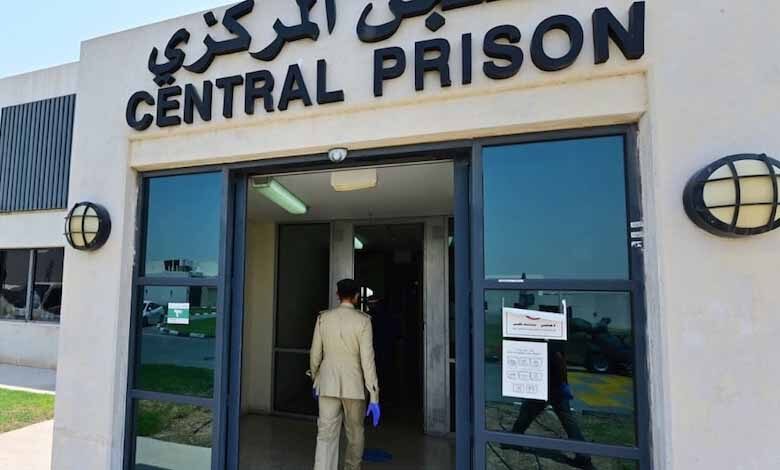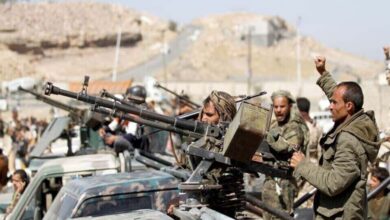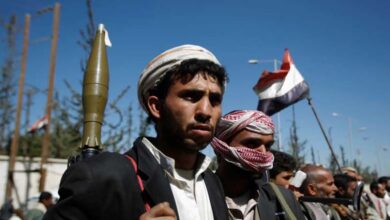Rights of prisoners

Correctional facilities in the UAE respect the rights of prisoners and are considered rehabilitation facilities. The State shall apply the Standard Minimum Rules for the Treatment of Prisoners in Penal and Correctional Institutions in the State. Convicts are separated according to the nature of their crimes.
The correctional institutions are subject to random visits by human rights departments and prosecutors, which include prison inspections and private interviews with prisoners. Prisoners in the UAE receive their full rights to rehabilitation, medical care, nutrition, and contact with their families and lawyers.
The Interior Ministry is providing a special program to rehabilitate Emirati prisoners into the labor market. The program is run by the Higher Technical Colleges and is available to prisoners who have one or two years of their sentence. The program provides training and employment opportunities to prisoners upon serving their sentences.
The Ministry of Community Development provides financial assistance to the families of prisoners. The Ministry of the Interior’s Al-Faraj Fund also assists squatters, penitentiaries and their families, who find themselves struggling with life’s troubles in the absence of their main breadwinner. Since its launch in 2009, the Al-Faraj Fund has assisted 12 thousand inmates in penal and correctional institutions of more than 50 nationalities. The fund helps inmates regardless of nationality, race, sex, creed or economic status.
The UAE Zakat Fund is helping prisoners with relief through a communication project for families of prisoners. The Fund aims to care for the families of prisoners while their family is in the penal institution, as well as the prisoner himself, with the aim of giving his family a real opportunity to readjust to society and achieve the principle of prevention of crime to ensure that children do not deviate under the pressure of deprivation, want and need.
Dubai’s Community Development Authority is providing care to prisoners and their families. The service aims to address the social and psychological problems of inmates in penal and correctional institutions and help them adopt positive ideas to help them face life in correctional institutions after their release. The service is available to all male and female inmates of correctional institutions regardless of their nationality and religion, or the issues and judgements they face.












